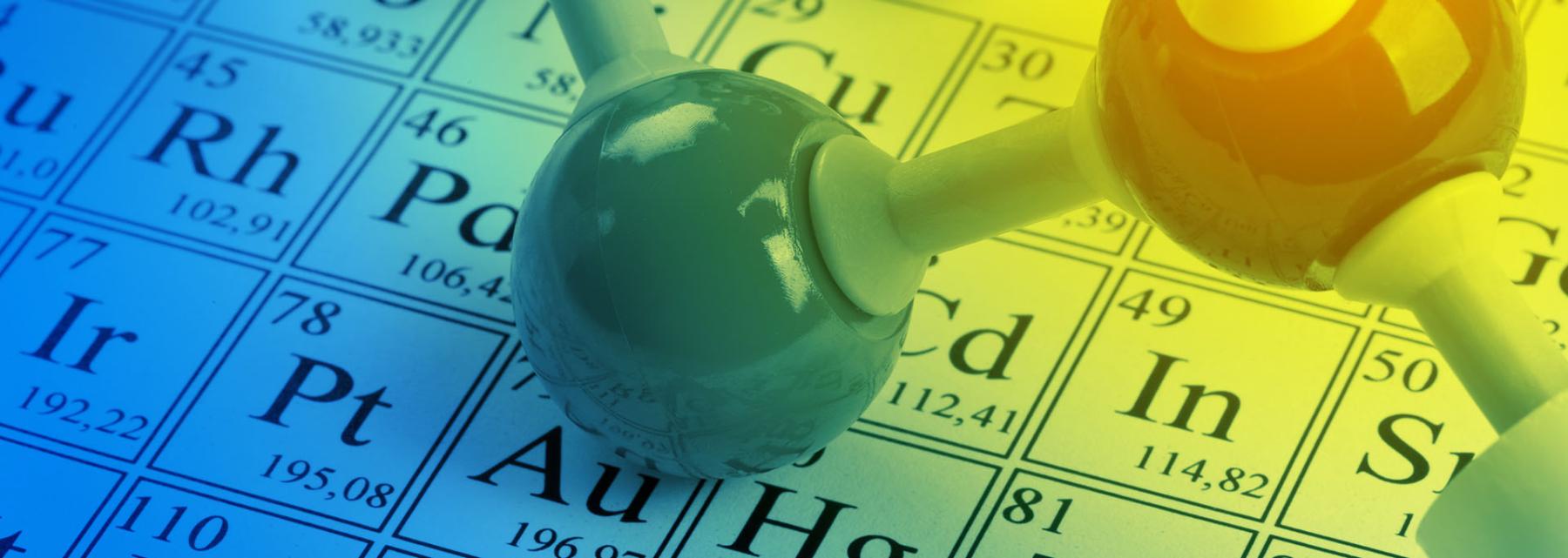
Green Chemistry & Environmental Impact Analysis
by Jasmine Coleman
Students will unravel the intricacies of environmental impact analysis, gaining insight into its pivotal role in evaluating the sustainability of chemical processes. Through a blend of explanation, application, and interpretation, learners will navigate the stages of life cycle assessment (LCA) and decipher key indicators used to gauge environmental impact.
In small group settings, students will collaborate to collect data, perform LCA calculations, and craft compelling presentations showcasing their findings. Alongside technical proficiency, emphasis is placed on effective communication skills, both orally and in writing, enabling students to articulate key insights derived from their LCA analyses.
Furthermore, ethical and social considerations are woven throughout the lesson, prompting students to reflect on the broader implications of unsustainable chemical processes and explore innovative solutions to address these challenges. Throughout the lesson, students gain a deeper understanding of green chemistry principles and the tools necessary to champion sustainability in chemical endeavors.
Lesson Plan Link/URL
https://docs.google.com/presentation/d/1d_09eVVG_-IcOhnfdrHEKYm2KgDxv_RYi8bey6G…Subject Area
Science Physical Science P1: Matter Life Science L2: Organisms & Energy Engineering S4: Apply Science to Engineering English Language Arts (ELA) Writing Speaking & Listening
Featured
Off
Related Content

Grades:
9th Grade, 10th Grade, 11th Grade, 12th Grade
The first rule in the chemistry lab is “don’t eat or drink or lick anything in the lab”! This lesson breaks those rules and shows students how culinary is really a practical application of chemistry

Grades:
2nd Grade, 3rd Grade
Students will research a biome around the world, including 3 animals, 3 plants, and 3 nonliving parts of the ecosystem. Students will construct a diorama of the biome and illustrate a natural disaster

Grades:
9th Grade, 10th Grade, 11th Grade, 12th Grade
This lesson is designed to introduce the concept of composting and its importance for sustainability and waste reduction. This lesson takes place in a classroom and school garden for two or more weeks